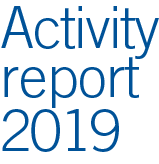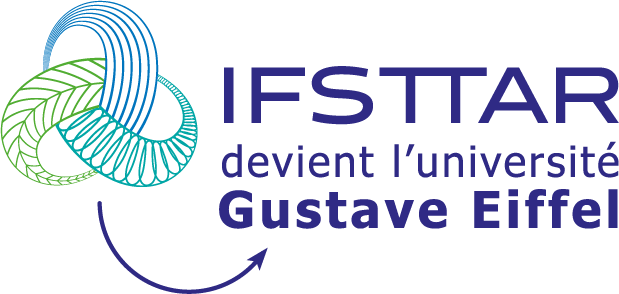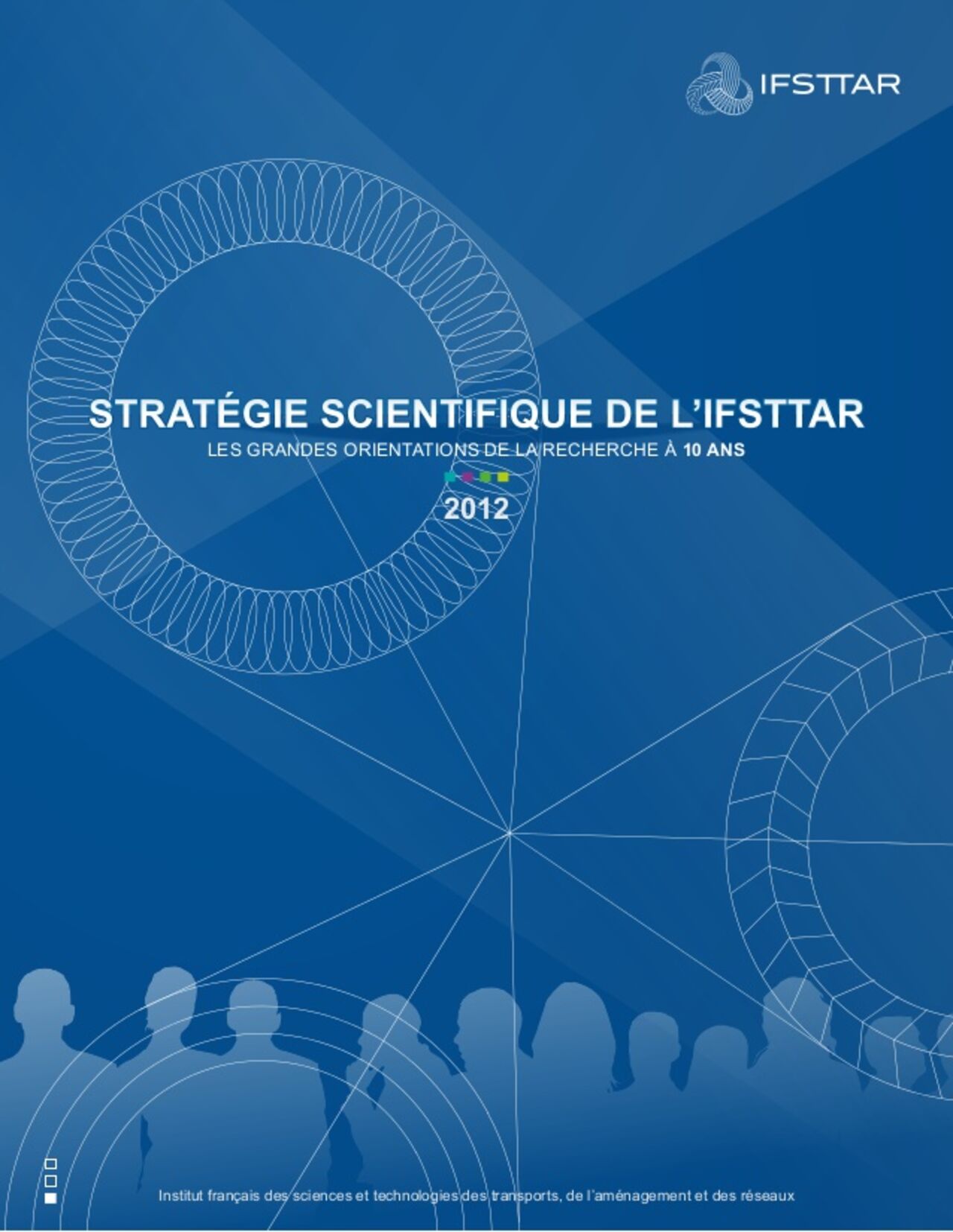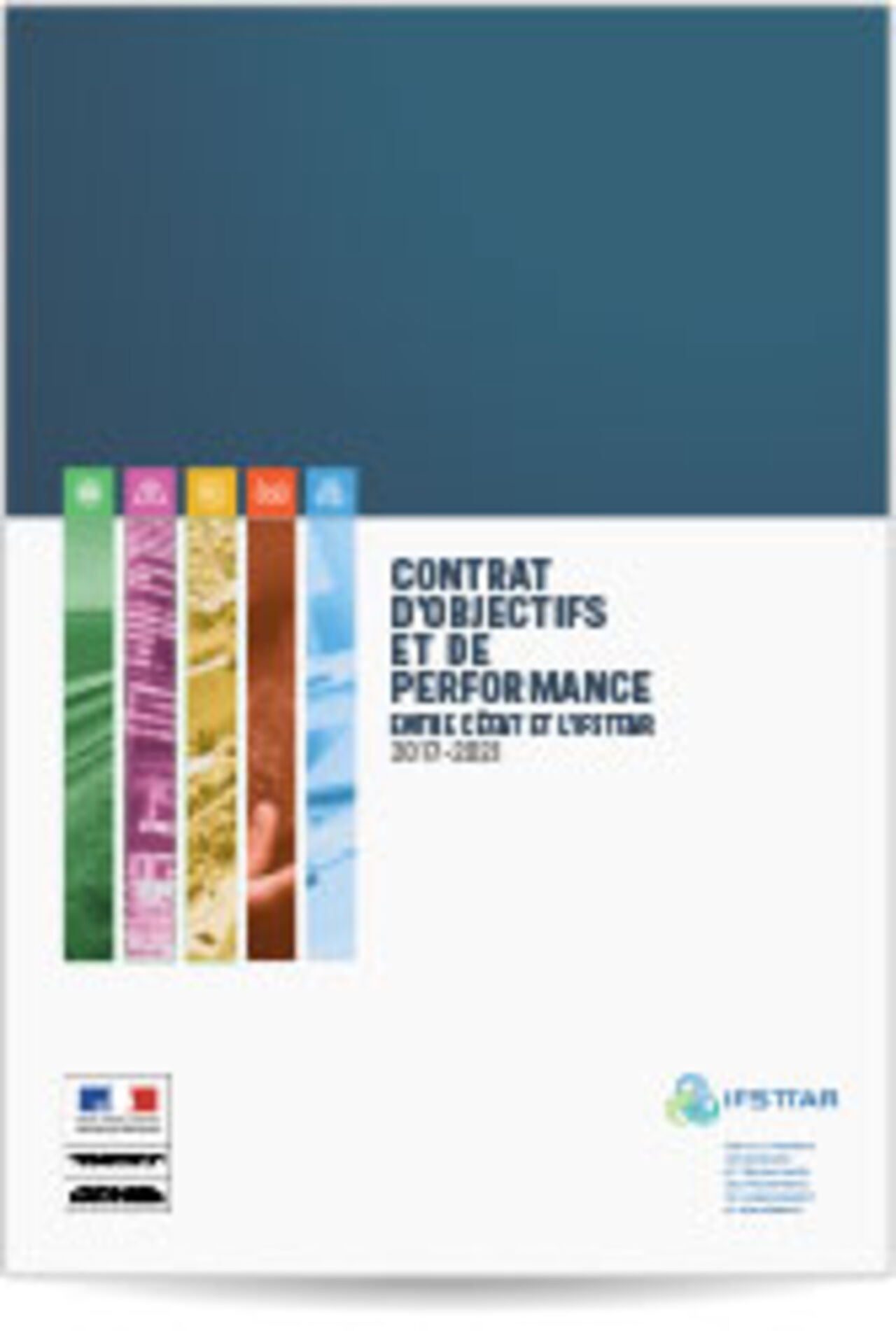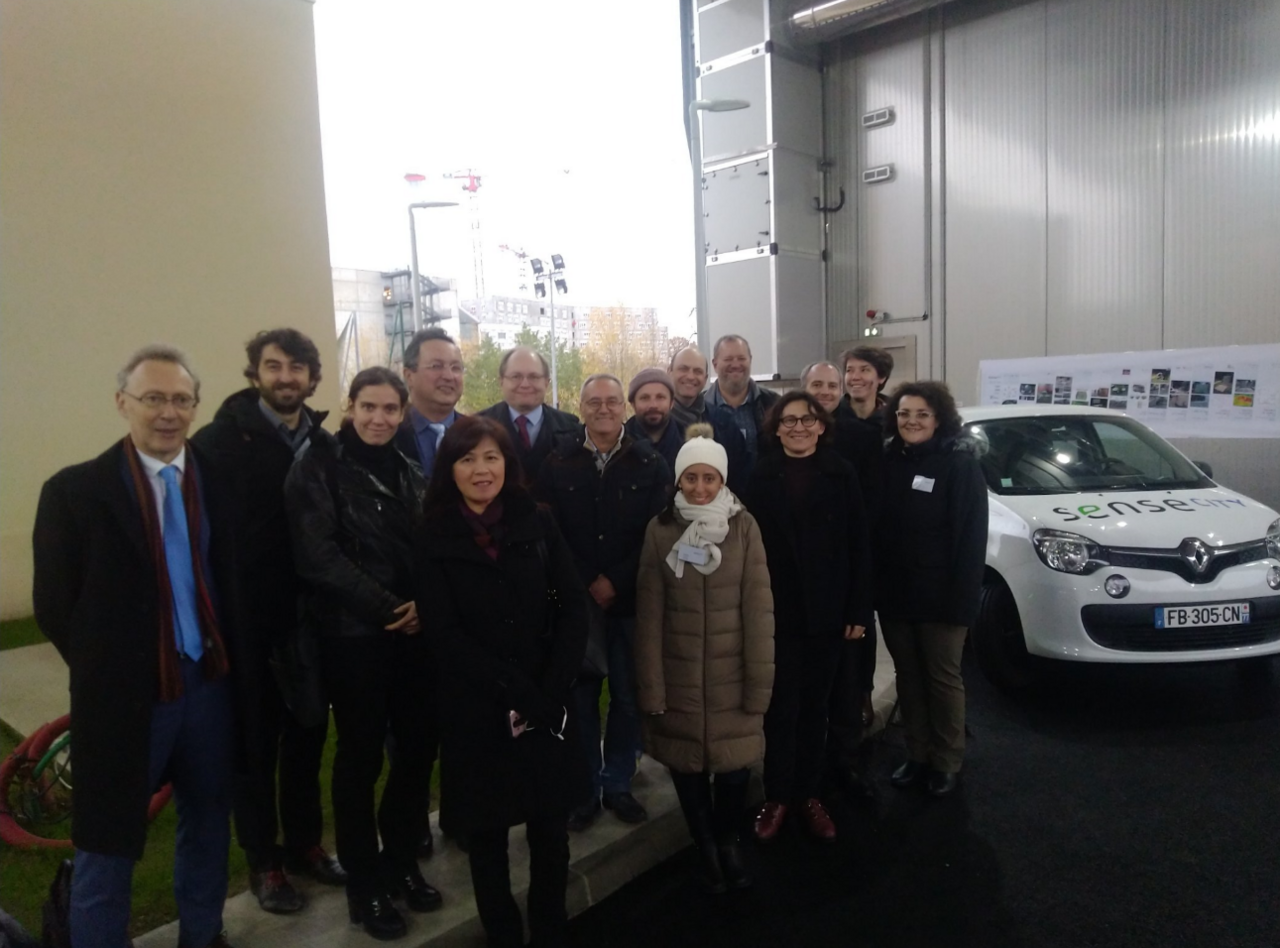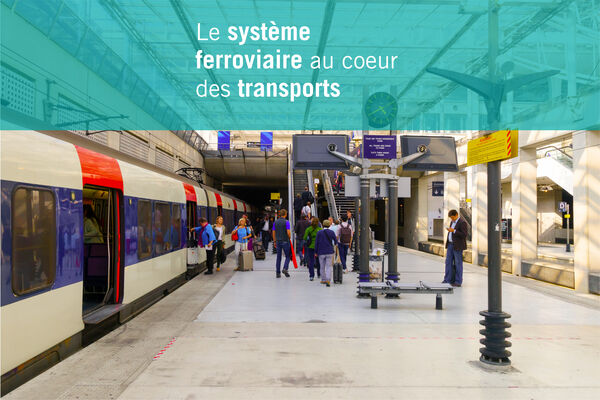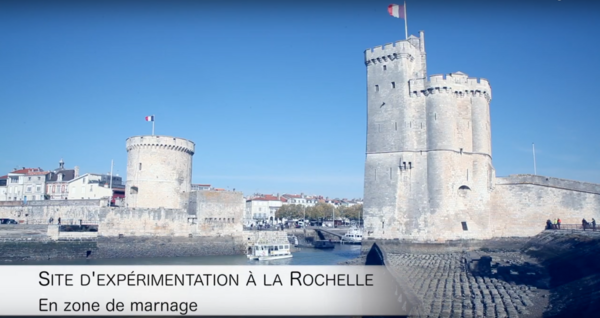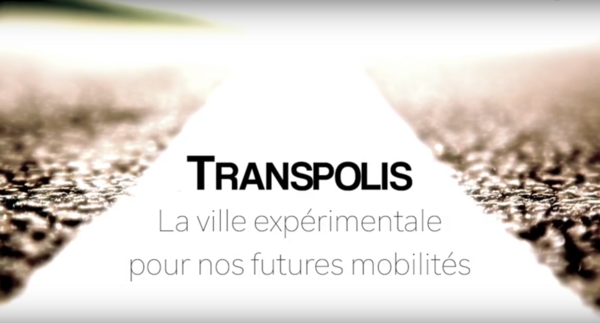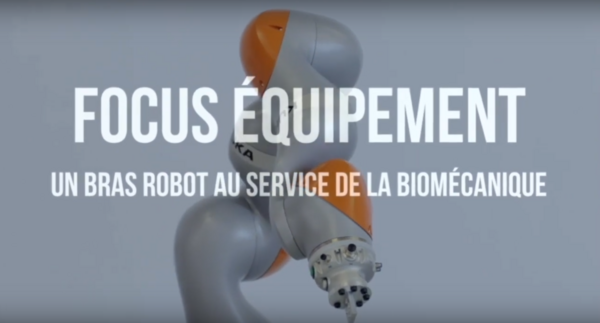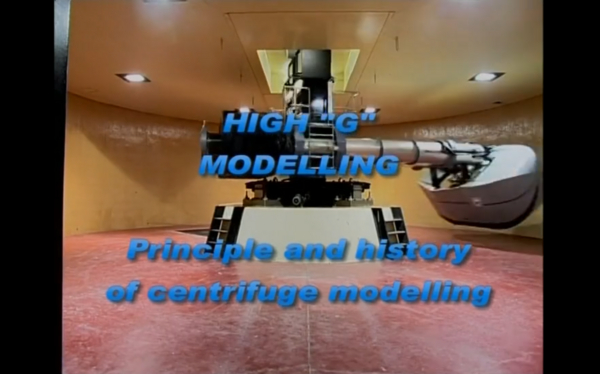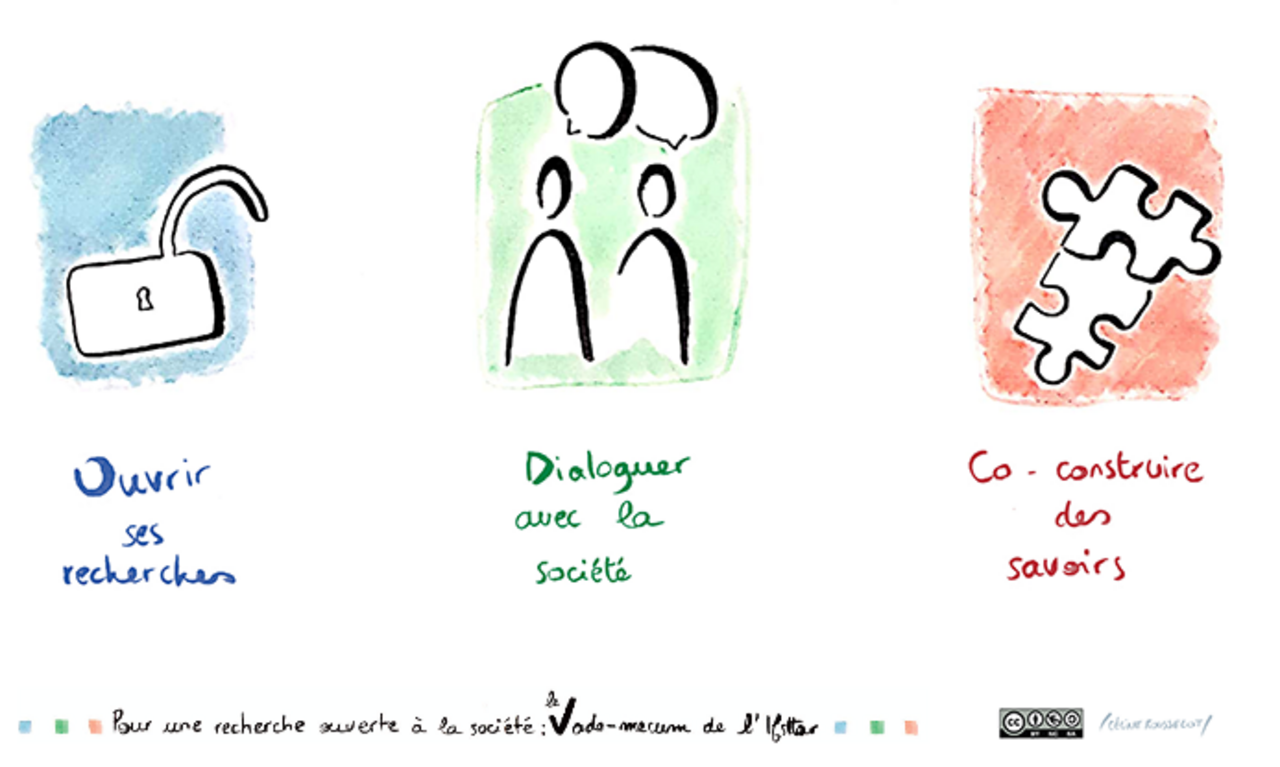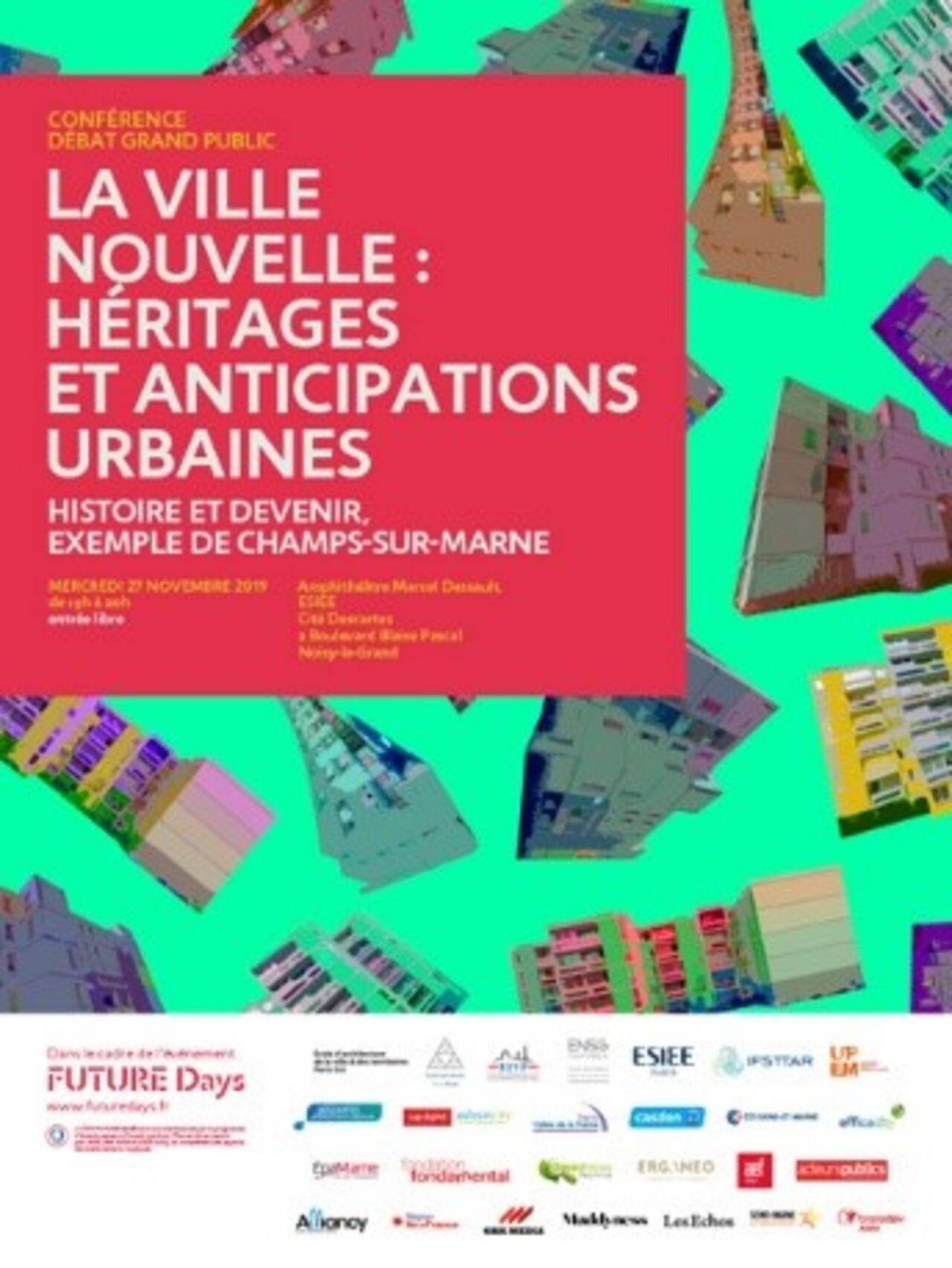The 5 Knowledge Encounters held in Bron (Département N° 69) encouraged interactions between residents and specialists around the "learning area" concept. The debates were organised in two stages: to begin with "actions in the city" based on a presentation of transformational accomplishments, and then a "laboratory of ideas", where science encourages debate and forward-looking thinking. Among the themes addressed in 2019 by the Bron National Scientific Encounters were: "Innovative grassroots education", "Education and culture: what levers for the city?” "How will the social and solidarity economy participate in the urban project of tomorrow?”.
These concerted approaches are arousing public interest. They are intended to be developed within the Université Gustave Eiffel which plans to be at the forefront in the transmission of research on the city, in connection with existing initiatives in various parts of the country.
The I-Site FUTURE Steering Committee made up of the 6 directors of the participating institutions validated the Knowledge Factory project. This initiative is the result of a partnership between IFSTTAR's Scientific Directorate, the Municipality of Champs-sur-Marne and the Paris-Vallée-de-la-Marne Conurbation Committee. It will have taken 6 months of work during the sessions of the I-Site FUTURE Events and Culture group.
The Knowledge Factory intends to combine and coordinate our cultural and scientific initiatives with those of the local authorities in the vicinity of the Marne-la-Vallée campus. It combines input from research and teaching with input from cultural and social centres, schools and associations. Indeed, the "challenges of the city of tomorrow" can only be met by contributions from everyone, in particular the residents of the areas in question, while at the same time making it easier for them to access the "common fields" of awareness and knowledge about urban issues.
This requires a new approach to communication, in order to meet the needs for information and participation voiced by citizens. The Knowledge Factory will take action to promote equal opportunities (for both studies and employment prospects) based on "resource centres" located in the city's neighbourhoods.
On 27 November 2019, the Future Days thus included a conference for the general public entitled "The New City: Urban Legacies and Expectations". The history and future of Champs-sur-Marne were examined and debated with a teacher from the Descartes campus, who is an expert on the subject, and a decision-maker from ÉpaMarne who contextualised the urban development projects that have been carried out. This format of event, open to all, will be repeated in 2020 and developed in the Knowledge Factory, with the support of the local authorities involved.
